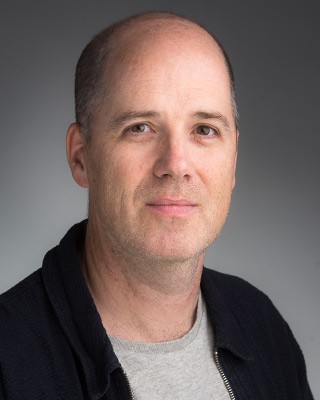Presented by Steve Marshall
Today, students and educators face many lingualisms: for example, bilingualism, multilingualism, metrolingualism (Pennycook & Otsuji, 2015), and plurilingualism (Coste, Moore, & Zarate, 1997, 2009; Council of Europe, 2001), not to mention codeswitching, codemeshing, and translanguaging (Canagarajah, 2011; García, 2009; Li & Zhu, 2013). I review these differences in terminology, before focusing on plurilingualism, its defining features, and the goals of plurilingual pedagogy. I then present data from recent research I have carried out at a university in Western Canada that is characterized by multiculturalism and high levels of linguistic diversity. In the project, a research team assessed the effectiveness of plurilingual pedagogical approaches in a first-year academic writing course and in several contexts across the disciplines. I present the following data: interviews with students and their instructors; recordings of in-class interactions involving students mixing Chinese, Korean, and English as they work on collaborative tasks; and samples of students’ writing. In analyzing the data, I suggest that teachers in EAP and academic writing classes in English-medium higher education should break free from the English-Only mindset, embrace other languages and cultures, and encourage their students to actively use their other languages in the process of learning English.
About the Speaker

Steve Marshall
Steve Marshall is an Associate Professor in the Faculty of Education at Simon Fraser University, Vancouver, Canada. He coordinates the university’s Foundations of Academic Literacy program, taken annually by 800+ students. Steve researches academic literacy and plurilingualism in higher education, and is author of Advance in Academic Writing 1 & 2, and Grammar for Academic Purposes 1 & 2 published by Pearson ELT Canada.
